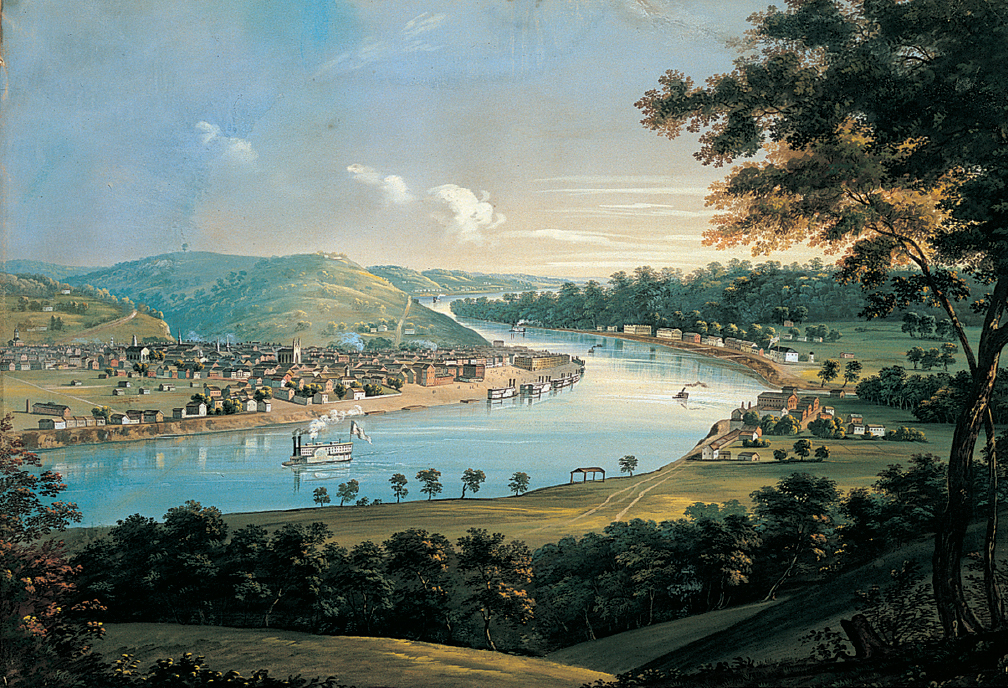America’s History: Printed Page 255
America: A Concise History: Printed Page 228
America’s History: Value Edition: Printed Page 223
Public Enterprise: The Commonwealth System
Legislative charters for banks, turnpikes, and canal companies reflected the ideology of mercantilism: government-assisted economic development. Just as Parliament had used the Navigation Acts to spur British prosperity, so American legislatures enacted laws “of great public utility” to increase the “common wealth.” These statutes generally took the form of special charters that bestowed legal privileges, such as the power of eminent domain, that allowed turnpike, bridge, and canal corporations to force the sale of privately owned land along their routes. State legislatures also aided capital-intensive flour millers and textile manufacturers, who flooded adjacent farmland as they built dams to power their water-driven machinery. In Massachusetts, the Mill Dam Act of 1795 deprived farmers of their traditional common-law right to stop the flooding and forced them to accept “fair compensation” for their lost acreage. Judges approved this state-ordered shift in property rights. “The establishment of a great mill-power for manufacturing purposes,” Justice Lemuel Shaw intoned, was “one of the great industrial pursuits of the commonwealth.”

Critics condemned the legal privileges given to private enterprises as “Scheme[s] of an evident antirepublican tendency,” as some “freeholder citizens” in Putney, Vermont, put it. Such grants to business corporations, they argued, violated the “equal rights” of citizens and infringed on the sovereignty of the governments. “Whatever power is given to a corporation, is just so much power taken from the State,” argued a Pennsylvanian. Nonetheless, judges in state courts, following the lead of John Marshall’s Supreme Court (Chapter 7), consistently upheld corporate charters and grants of eminent domain to private transportation companies. “The opening of good and easy internal communications is one of the highest duties of government,” declared a New Jersey judge.
State mercantilism soon spread beyond transportation. Following Jefferson’s embargo of 1807, which cut off goods and credit from Europe, the New England states awarded charters to two hundred iron-mining, textile-manufacturing, and banking companies, while Pennsylvania granted more than eleven hundred. By 1820, state governments had created a republican political economy: a Commonwealth System that funneled state aid to private businesses whose projects would improve the general welfare.
UNDERSTAND POINTS OF VIEW
Question
Did state mercantilism (the grant of privileges and charters) embody republican ideology or violate it?